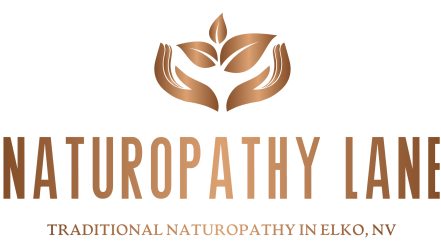Nestled within the daisy family (Asteraceae), Matricaria recutita, more commonly known as German chamomile, has been a trusted herbal remedy for centuries. This humble plant, with its daisy-like white flowers and aromatic leaves, is native to Western and Eastern Europe and North Africa but is now cultivated worldwide.
Chamomile’s popularity can be attributed to its numerous health benefits. The herb contains several active components, including essential oils such as bisabolol, terpenoids like alpha-bisabolol oxide A and B, flavonoids like apigenin and luteolin, and various other phenolic compounds. These elements are responsible for chamomile’s anti-inflammatory, antioxidant, and nervine properties.
Anti-inflammatory: Chamomile possesses potent anti-inflammatory properties due to its flavonoid content, particularly apigenin. Apigenin inhibits the production of inflammatory mediators such as cyclooxygenase (COX) and lipoxygenase enzymes. This inhibition helps reduce inflammation in
conditions like arthritis, skin irritations, and gastrointestinal disorders.
Antioxidant: Chamomile is rich in antioxidants, which help protect the body against damage caused by free radicals. The antioxidant activity of
chamomile can be attributed to its flavonoids, terpenoids, and phenolic compounds. These antioxidants neutralize free radicals, preventing oxidative stress and cellular damage.
Nervine: Chamomile is a well-known nervine, meaning it has a calming effect on the nervous system. The essential oils in chamomile, particularly bisabolol, are responsible for this activity. Bisabolol interacts with the GABA receptors in the brain, promoting relaxation and reducing anxiety. This makes chamomile an excellent remedy for insomnia, restlessness, and nervousness.
In naturopathic medicine, chamomile is used to treat a wide array of conditions. Its anti-inflammatory properties make it beneficial for skin disorders like eczema and psoriasis. It can also help alleviate symptoms of arthritis, such as joint pain and inflammation. Chamomile’s antioxidant activity protects the liver from damage, making it a useful remedy for individuals with liver issues. Chamomile’s nervine properties are particularly beneficial for individuals experiencing anxiety, restlessness, or difficulty sleeping.
This herb can be taken as a tea before bedtime to promote relaxation and improve sleep quality. This herb is also used to ease menstrual cramps due to its relaxing effect on the uterus. In addition to these uses, chamomile has antispasmodic properties, making it useful for treating digestive issues like indigestion, flatulence, and colic. Its antibacterial activity can help prevent and treat infections, making it a valuable remedy for colds and flu.
In conclusion, chamomile is a versatile herb with numerous health benefits. Its anti-inflammatory, antioxidant, and nervine properties make it an essential component of naturopathic medicine. Whether used to treat skin disorders, digestive issues, or nervous system conditions, chamomile’s healing properties have stood the test of time, making it a trusted herbal remedy for centuries. So, the next time you’re feeling anxious, experiencing inflammation, or seeking relief from a skin disorder, consider incorporating this humble yet powerful plant into your wellness routine.
Further Reading on Natural Medicine:
Mushrooms:Shiitake Mushroom
Herbs: Quassia Valerian Root
Posts: GLP-1 raised naturally
Pages: Modalities |Home



